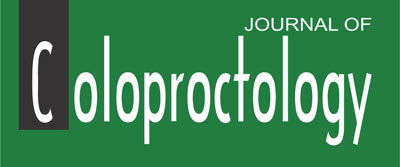Videolaparoscopic surgery has enabled great progress in surgical procedures. However, the literature shows great controversy concerning its indication in oncological surgery for possibly increasing the implantation of metastases. This experimental study was carried out to help solve this controversy and analyze the influence of pneumoperitoneum as a cause of this implantation. A comparative study between incisions of trocars of videolaparoscopy and conventional laparotomy was conducted. For this analysis, 30 Wistar rats were divided into two equal groups: laparotomic group (A), that underwent a 5 cm laparotomy, which was left exposed for 15 minutes; and another (B), in which a 3 mmHg pneumoperitoneum was created with CO2 and two more trocars were inserted, maintaining the insufflation for the same period. In both groups, the tumor, Walker 256 carcinosarcoma, was inoculated in the surgical procedure. The evaluation was performed within the fifth and the seventh postoperative days. The result of the macroscopic evaluation indicated that the tumor invasion in group A reached 93.33% and the implantation in the laparoscopy incision reached 73.33%. Nevertheless, the histopathological exam showed tumor implantation in all incisions of both groups (100%). The study concluded that parietal tumor implantation is not influenced by pneumoperitoneum in incisions of trocars when compared with conventional laparotomy in rats.
laparoscopy; laparotomy; neoplasm metastasis; implantation; carcinosarcoma
